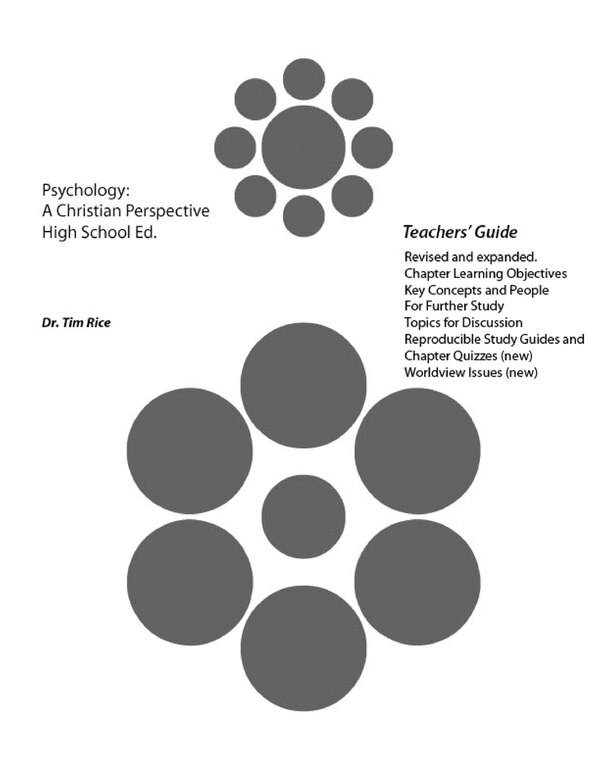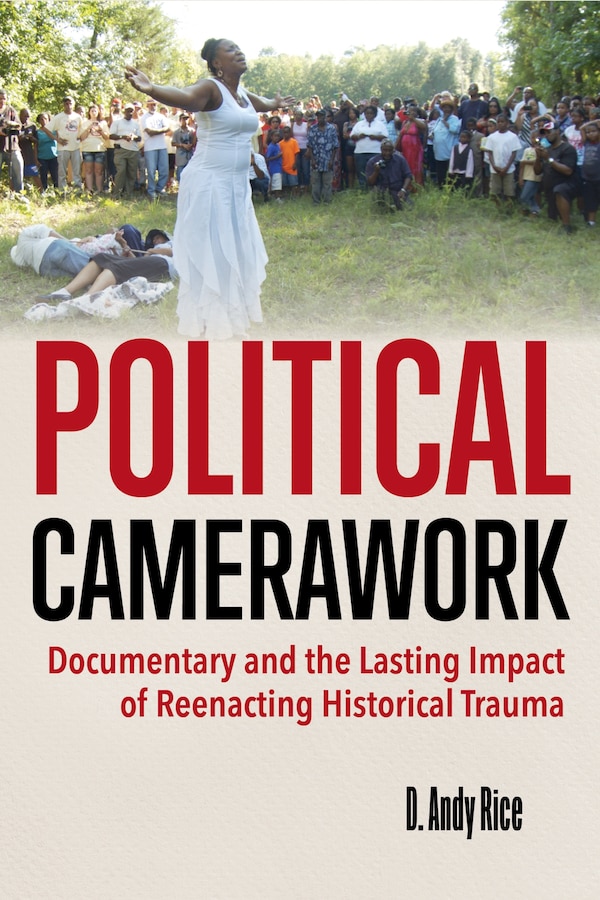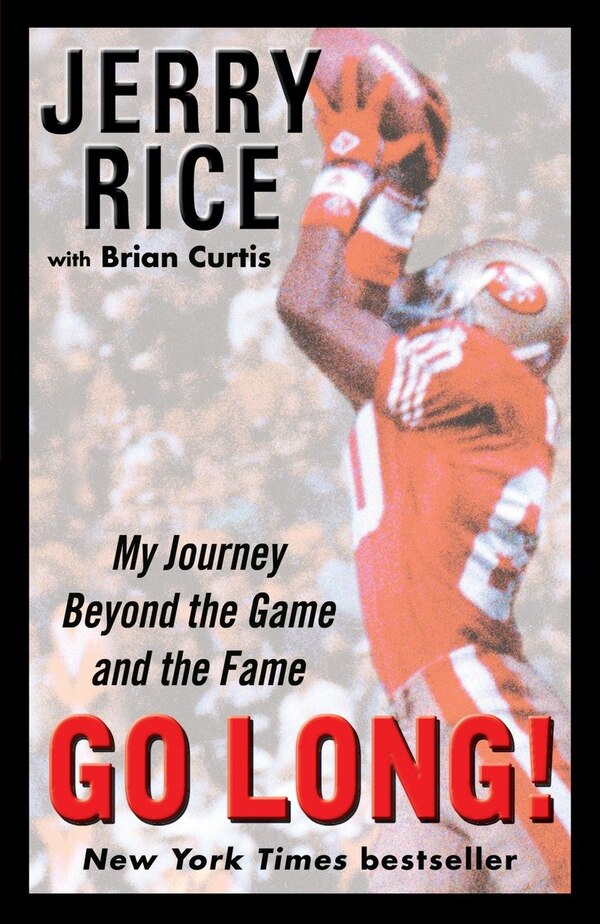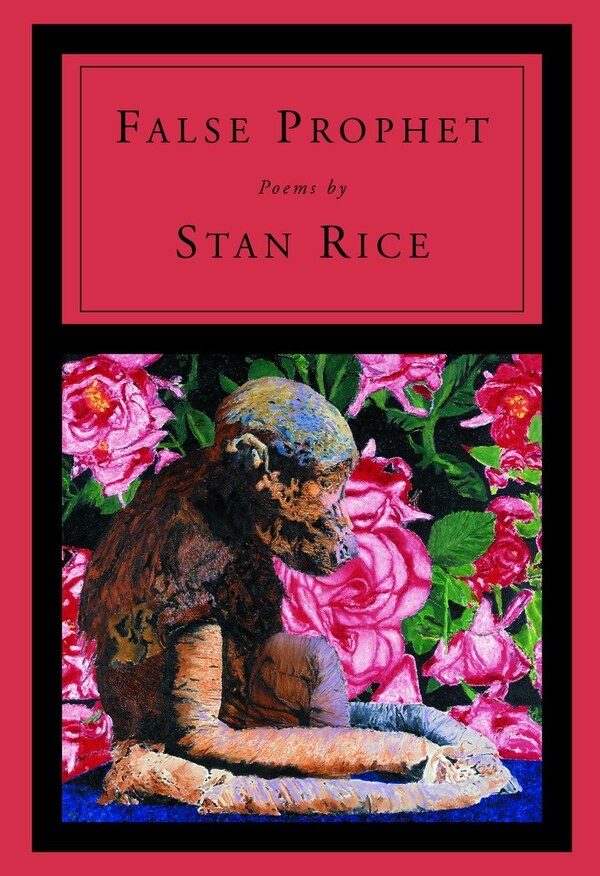
Give the Gift of Choice!
Too many options? Treat your friends and family to their favourite stores with a Bayshore Shopping Centre gift card, redeemable at participating retailers throughout the centre. Click below to purchase yours today!Purchase HereHome
Ethnomusicology by Timothy Rice, Paperback | Indigo Chapters
Coles
Loading Inventory...
Ethnomusicology by Timothy Rice, Paperback | Indigo Chapters in Ottawa, ON
From Timothy Rice
Current price: $13.50

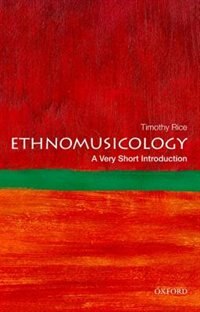
From Timothy Rice
Ethnomusicology by Timothy Rice, Paperback | Indigo Chapters in Ottawa, ON
Current price: $13.50
Loading Inventory...
Size: 1 x 6.875 x 100
*Product information may vary - to confirm product availability, pricing, shipping and return information please contact Coles
Ethnomusicology, an academic discipline founded in 1950, has been defined as the study of the music of others. This definition, at once whimsical and very nearly true, is incomplete. Many of its strongest threads have emerged because a person or a people have wanted to understand themselves, their history, and their identity. This Very Short Introduction examines the history of the impulses to study ourselves and others, beginning with the work of Jesuit missionaries to Latin America in the sixteenth century and continuing through the encyclopedists, antiquarians, and orientalists ofthe eighteenth century, and the nationalists, scientists, and humanists of the nineteenth and twentieth centuries. The institutional motivations driving studies in this field are scholarly and intellectual, political and ideological, artistic and aesthetic, religious, ethical, or commercial. What have ethnomusicologists learned about the nature of music? For ethnomusicologists, music creates community when performed; it embodies and in some cases creates cultural values and social norms; it constructs individual identities; it expresses large-scale economic and political structures thatpress upon particular local communities. Ethnomusicologists generally believe that music is an aspect of culture coherent with, or contributing to, any number of ideas and practices in such fields as religion, ethics, cosmology, plastic arts, dance, cooking, social identity, and the definition ofthe self. This book looks cross-culturally at some of the many themes that demonstrate the way music is embedded in, reflects, and contributes to broader cultural patterns, themes such as culturally specific beliefs about the nature of music; the social status of musicians; music and emotion;music's role in religion and ritual; the economics of music; music and the construction of individual and social identity, including gender and sexuality; and music in societies under stress from war, violence, conflict, or disease. In this Very Short Introduction, Timothy Rice describes how ethnomusicologists conduct fieldwork, examining some of the most spectacular results of these research methods as well as some of the issues that have arisen from using them, including ethical questions, questions of representation (who canspeak for whom and how), what we learn when we learn to play music, the accuracy and reliability of musical notation and sound recordings, and differences between insider knowledge and scholarly interpretations. About the Series:Oxford's Very Short Introductions series offers concise and original introductions to a wide range of subjects - from Islam to Sociology, Politics to Classics, Literary Theory to History, and Archaeology to the Bible. Not simply a textbook of definitions, each volume in this series providestrenchant and provocative - yet always balanced and complete - discussions of the central issues in a given discipline or field. Every Very Short Introduction gives a readable evolution of the subject in question, demonstrating how the subject has developed and how it has influenced society. Eventually, the series will encompass every major academic discipline, offering all students an accessible and abundant reference library. Whatever the area of study that one deems important or appealing, whatever the topic that fascinates the general reader, the Very Short Introductions series hasa handy and affordable guide that will likely prove indispensable. | Ethnomusicology by Timothy Rice, Paperback | Indigo Chapters
Ethnomusicology, an academic discipline founded in 1950, has been defined as the study of the music of others. This definition, at once whimsical and very nearly true, is incomplete. Many of its strongest threads have emerged because a person or a people have wanted to understand themselves, their history, and their identity. This Very Short Introduction examines the history of the impulses to study ourselves and others, beginning with the work of Jesuit missionaries to Latin America in the sixteenth century and continuing through the encyclopedists, antiquarians, and orientalists ofthe eighteenth century, and the nationalists, scientists, and humanists of the nineteenth and twentieth centuries. The institutional motivations driving studies in this field are scholarly and intellectual, political and ideological, artistic and aesthetic, religious, ethical, or commercial. What have ethnomusicologists learned about the nature of music? For ethnomusicologists, music creates community when performed; it embodies and in some cases creates cultural values and social norms; it constructs individual identities; it expresses large-scale economic and political structures thatpress upon particular local communities. Ethnomusicologists generally believe that music is an aspect of culture coherent with, or contributing to, any number of ideas and practices in such fields as religion, ethics, cosmology, plastic arts, dance, cooking, social identity, and the definition ofthe self. This book looks cross-culturally at some of the many themes that demonstrate the way music is embedded in, reflects, and contributes to broader cultural patterns, themes such as culturally specific beliefs about the nature of music; the social status of musicians; music and emotion;music's role in religion and ritual; the economics of music; music and the construction of individual and social identity, including gender and sexuality; and music in societies under stress from war, violence, conflict, or disease. In this Very Short Introduction, Timothy Rice describes how ethnomusicologists conduct fieldwork, examining some of the most spectacular results of these research methods as well as some of the issues that have arisen from using them, including ethical questions, questions of representation (who canspeak for whom and how), what we learn when we learn to play music, the accuracy and reliability of musical notation and sound recordings, and differences between insider knowledge and scholarly interpretations. About the Series:Oxford's Very Short Introductions series offers concise and original introductions to a wide range of subjects - from Islam to Sociology, Politics to Classics, Literary Theory to History, and Archaeology to the Bible. Not simply a textbook of definitions, each volume in this series providestrenchant and provocative - yet always balanced and complete - discussions of the central issues in a given discipline or field. Every Very Short Introduction gives a readable evolution of the subject in question, demonstrating how the subject has developed and how it has influenced society. Eventually, the series will encompass every major academic discipline, offering all students an accessible and abundant reference library. Whatever the area of study that one deems important or appealing, whatever the topic that fascinates the general reader, the Very Short Introductions series hasa handy and affordable guide that will likely prove indispensable. | Ethnomusicology by Timothy Rice, Paperback | Indigo Chapters

